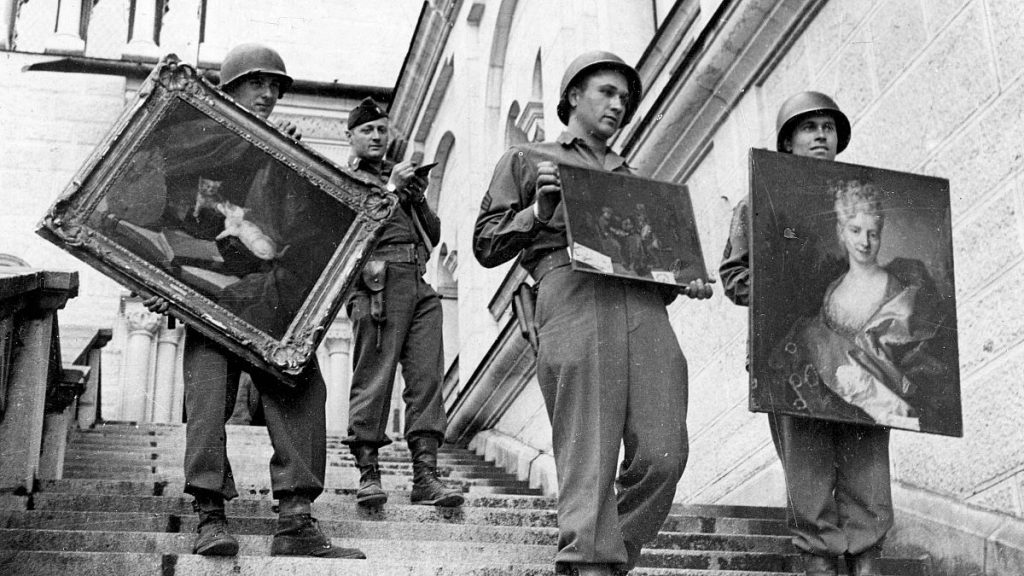Summarize this content to 2000 words in 6 paragraphs in Arabic
The German government has approved a new system to make it easier to return Nazi-looted art to their rightful owners.
ADVERTISEMENTGermany’s federal government has set up a new arbitration court to simplify the process of returning property stolen during the Nazi regime. The court is intended to make the final decision in a situation where parties dispute the return of Nazi-looted art during a preliminary process. The Arbitration Court for Nazi Looted Property allows for “unilateral appealability”. This distinguishes it from the old system where the descendants of the former owners and the current owners both had to agree on an appeal. Under the old system, many pieces of art have been withheld from an appeals committee by the current owners refusing to allow the system to advance. One Picasso painting’s providence has yet to be fully investigated due to such a refusal by Bavaria. Yet, a group of lawyers and historians that specialise in Nazi-looted art have written an open letter to German Chancellor Olaf Scholz to criticise the planned changes. “It is dishonest to abolish the Advisory Commission on Nazi-looted art in the final stages of the legislative period and to decide on a new procedure that is worse for the victims,” the open letter reads. The Advisory Commission was founded in 2003 in response to many German institutions refusing to cooperate with the Washington Agreement of 1999 that committed the nation to returning Nazi-looted art. As the Advisory Commission had no decision-making power, it was pledged in 2021 to strengthen it and avert situations like with the Picasso painting in Bavaria. Instead, the government has removed the Advisory Commission entirely in place of this new arbitration court. Signatories of the open letter are concerned that the framework of the new court hasn’t been discussed publicly. They are also concerned that this new court will not allow victims who sold their art to the Nazis under pressure of persecution will not be covered by the new restitution regulations. “Even those persecuted who had to sell cultural property in connection with their escape from Nazi Germany or from a country occupied by the Nazis will in future only have a very limited right to restitution,” the letter reads. If this is the case, it will be a “a slap in the face of the victims and their descendants” and “catastrophic for Germany’s reputation” the open letter argues.
rewrite this title in Arabic Row erupts over new German court for Nazi-looted art
مقالات ذات صلة
مال واعمال
مواضيع رائجة
النشرة البريدية
اشترك للحصول على اخر الأخبار لحظة بلحظة الى بريدك الإلكتروني.
© 2025 جلوب تايم لاين. جميع الحقوق محفوظة.





